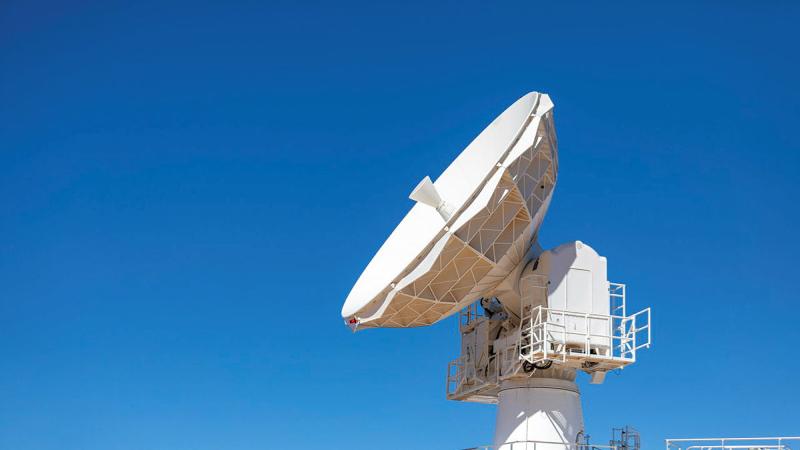It’s been 30 years since Phil Ladlow injured his ankle. After decades of non-invasive treatment, surgery was unavoidable.
Phil flew in from Tasmania to have surgery at Epworth Eastern.
A physio, who enjoys the outdoors, Phil was enjoying Tassie’s bushwalking trails and had just been introduced to rockclimbing when the injury occurred in 1991.
“It was all going really well until I fell from a height and landed heavily on a rock slab. I had an x-ray of my ankle but they ruled out a fracture and said it was a bad sprain,” Phil said.
“Being a physio, I knew how to treat it, but it was still giving me a lot of trouble.”
It wasn’t until a year later that a sports medicine doctor referred Phil for an MRI.
“He found it was still fractured, a nasty one involving cartilage and the joint itself. I’d been running around on it and pushing through the pain.
“Moral of the story is – if things don’t feel right, a second opinion is not a bad idea.”
By that stage, it was too late to apply usual treatment for a fracture.
“I have been managing with it all these decades, continuing doing lots of bushwalks. But this last year, walking has really challenged my ankle. I have been limping since Christmas, which I’ve never done,” Phil said.
He had another MRI and then Phil saw orthopaedic surgeon, .
“A few winters ago, I was hiking the Overland Track in Tasmania. On the morning of the consult, I struggled to walk 400 metres to the café,” he remembers.
“I was given two options – ankle joint replacement, but that can be tricky and might need replacing down the track. Plus Harvinder said I was too young for that, which was nice to hear.
“The other option was a last resort – ankle fusion, fusing the joint at the ankle so I would have a stable foot. Bushwalking has always been my passion and Harvinder said there would be no reason why I couldn’t do that and be able to walk pain free.
“As a physio, we don’t normally like pursing surgical options. We like to manage injuries conservatively and actively with an exercise approach, but my only options now were surgery or walking in a moonboot for the rest of my life.
“So I bit the bullet and booked in.
“I worked on Monday, flew in Monday night and had the surgery at 7am on Tuesday.”
Phil is now facing six weeks of non-weight bearing and then six weeks in a moon boot. He is already planning on using his wind trainer bike and doing pilates (he’s an instructor) for rehabilitation.
“I tuned up my skills on the crutches before the surgery and I’ll be doing all I can to boost my immune system,” Phil said.
“I’ll be listening to my body and using the seven natural doctors – air (breathwork), hydration, sunshine, rest and relaxation, sleep, exercise and diet. I’ll be doing all the things that nourish the body and soul.”








